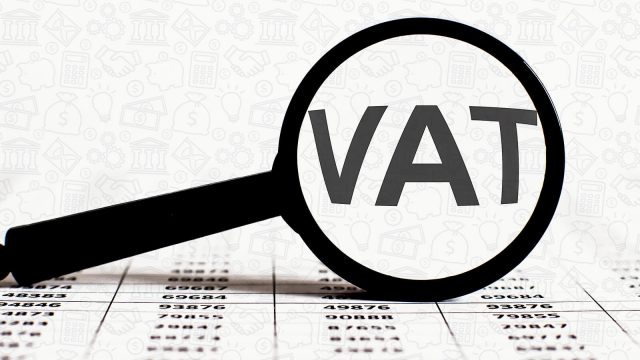Everything you need to know about VAT deregistration
VAT deregistration means that a person will cease being registered and hence should not comply with the provision of the VAT Act (2013). This means that the deregistered person should cease presenting as VAT registered persons and should not charge VAT.

When Martin Githinji graduated From The University of Nairobi in 2017, he was hopeful of landing a job having graduated top of his class. Nine months later he still couldn’t land a job. He registered a company and started a business of supplying office stationaries.
As fate would have it, he got a job as a Sales Account Executive in an insurance firm, and he quit his stationary vending business.
Martin was among the Kenyans who recently received a notice from the Kenya Revenue Authority (KRA) informing them of the pending deregistration of tax obligations.
So, what is deregistration of tax obligations?
This is basically the cancellation of tax obligations.
Once you turn 18 years old, the government expects you to register for your Personal Identification Number (PIN). This unique digit is used to identify persons while interacting or transacting business with KRA, other government agencies and service providers.
While applying for the KRA PIN, you will be required to select a tax obligation. These obligations include Income tax (compulsory obligation that applies to either residents or non-residents), Value Added Tax (applies to suppliers of taxable goods and services), and PAYE (Applies to employers).
In his case, Martin was expected to pay VAT as well as file returns by 20th of every month. Like most business owners, once he stopped his business Martin assumed that he didn’t have to pay or file returns considering that he had quit the business. He was wrong.
Taxpayers who are registered under a tax law are required to file their returns and account for taxes due under the respective tax laws. Even if its nil income, you’re still expected to file the returns.
“KRA has noted that there are persons who though registered for tax, have perennially failed to file their tax returns or account for taxes. Where such persons are no longer required to be registered for tax, they should notify the Commissioner of the same for purposes of deregistration in line with the provisions of Sections 10 and 14 of the Tax Procedures Act, 2015. Failure to notify the Commissioner, within 30 days from the date of this notice, shall proceed with the deregistration process and notify the persons accordingly,” KRA Commissioner Domestic Taxes Rispah Simiyu said.
VAT deregistration means that a person will cease being registered and hence should not comply with the provision of the VAT Act (2013). This means that the deregistered person should cease presenting as VAT registered persons and should not charge VAT.
Once a person is deregistered, they should not account for VAT and they are not expected to issue tax invoices, maintain books and records for VAT purposes, deduct input VAT from the ouput VAT and make VAT returns.
What are his options? Martin should write to the KRA Commissioner General asking for de-registration for VAT
According to the Income Act, a person may apply for de-registration for VAT if they either do not make taxable supplies in excess of KShs 5M within 12 months or when they do not expect to make taxable supplies for the next 12 months.
A taxpayer is required to continue filing returns until de-registration is approved. Failure to file the returns crystallizes penalties. Such a person is then required to be subject to turnover tax.
Meanwhile, where a person ceases to make taxable supplies VAT claimed on stock must be repaid within 30 days from the date on which he ceased to make the supplies.
